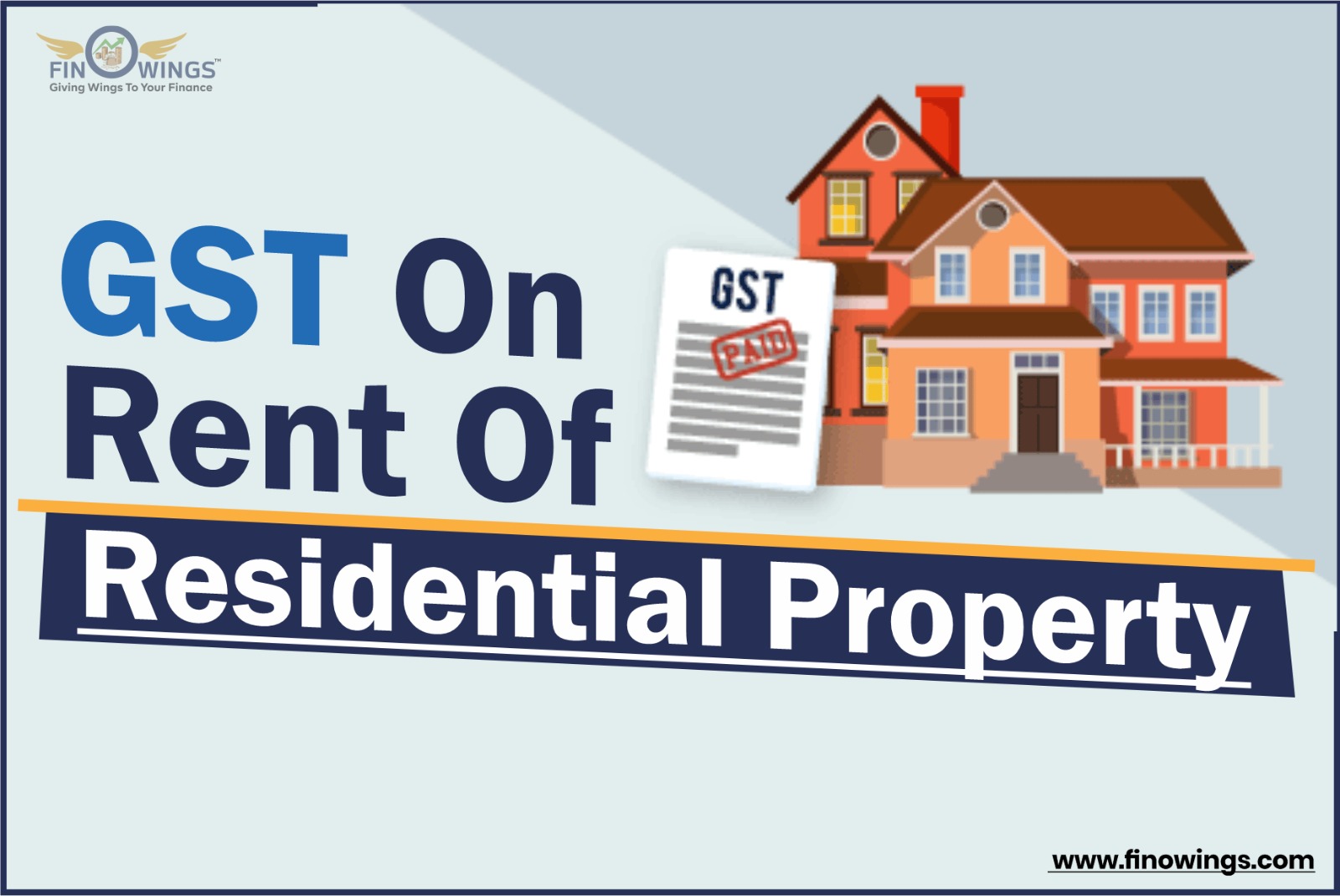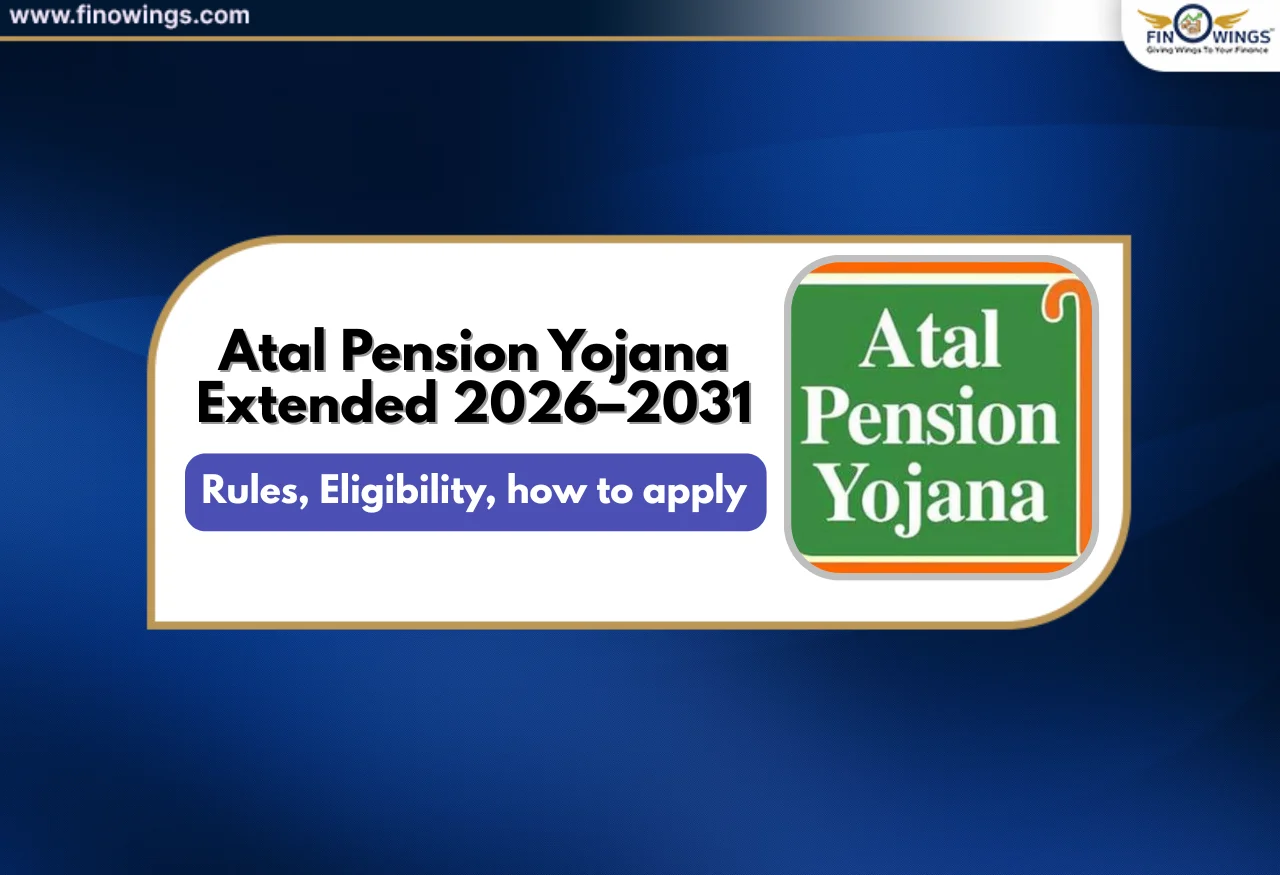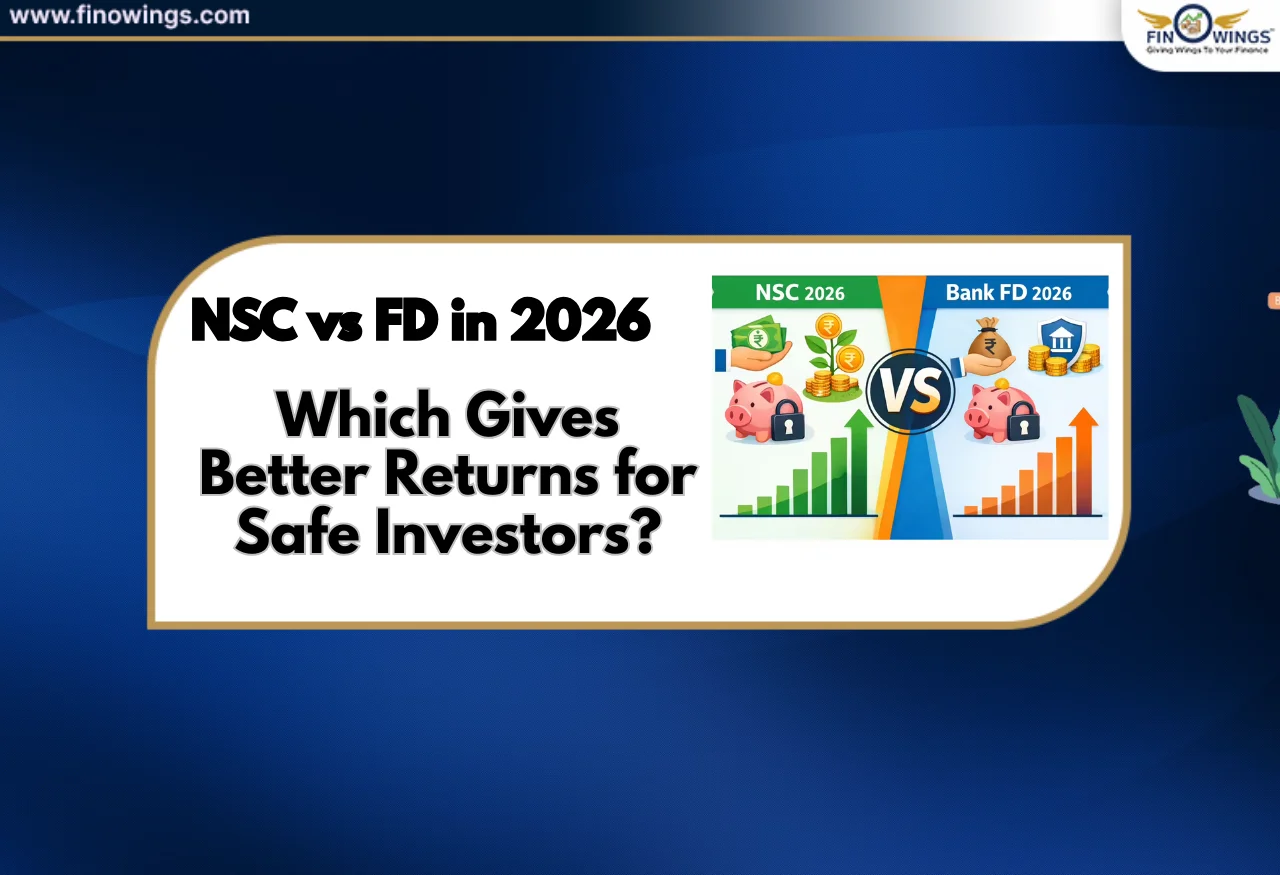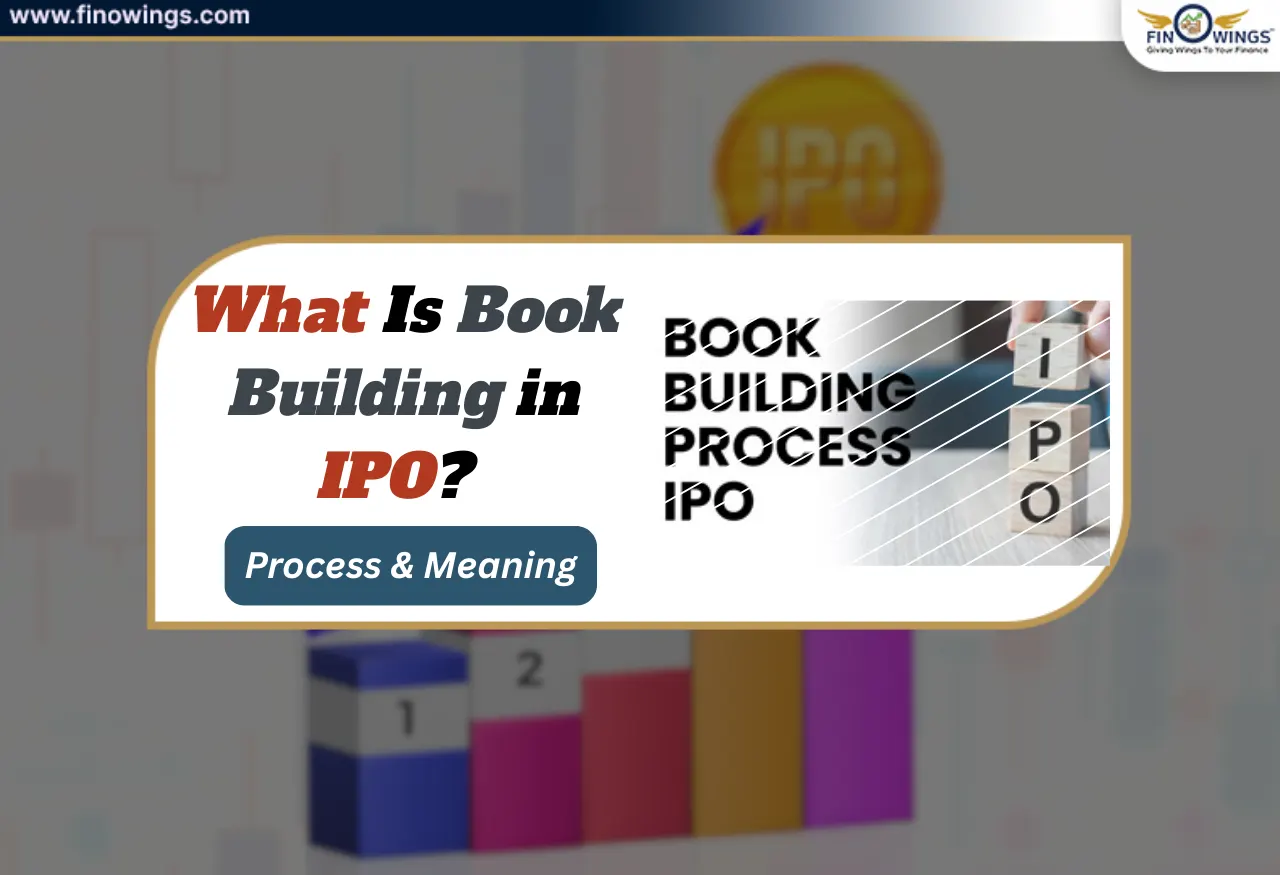Home >> Blog >> GST On Rent of Residential Property: Tax & Calculation
GST On Rent of Residential Property: Tax & Calculation

Table of Contents
GST on Rent of Residential Property
Not sure about charging and collecting GST on the rental income you have received? GST is managed differently when giving a house or commercial building on rent. On the other hand, if you own a business, paying rent is one of those necessary expenses, so you might be wondering if you are entitled to input tax credit (ITC) for the GST you paid on the rental expenses. Let's look at each of them in more detail.
Tax on Rental Income in the Pre-GST Era
During the pre-GST era, the landlord had to obtain a service tax registration if his total taxable services (including rental income from all properties) exceed Rs.10 lakh per year. As long as the rental income (from all the rented-out properties) does not exceed Rs.10 lakh per year, the landlord will not be attracted to service tax.
Under the erstwhile tax regime, service tax would have been levied on commercial properties that were rented out. This also applies if a residential property is used for commercial purposes. Service tax on rent for commercial properties was levied at the rate of 15%. In addition, the income from renting of residential properties did not attract service tax.
Tax on Rental Income after GST
The GST Council issued certain recommendations to the Government to impose GST on a person who has provided residential property to the registered person for renting of residential space w.e.f.18.07.2022 in its 47th meeting at Chandigarh on 28th June 2022. Prior to 18.07.2022, if a person has given a residential property for residential purpose (other than commercial) is exempt from GST as per NN 12/2017-CT dated.28.06.2017.
Now as per 47th GST Council recommendations, the CBIC has given NN 4/2022- CT (Rate) dated.13.07.2022 withdrawn such exemptions. Now, as per NN 05/2022-CT (Rate) dated 18.07.2022, an unregistered person has given the residential house property rented out to a registered person is liable to pay GST under Reverse Charge Mechanism (RCM) by the tenant.
If the landlord is unregistered under GST, he has given such residential property to a registered person for use the purpose of residential under that circumstance, tenant is liable to pay GST tax @18% under RCM as per NN 05/2022-CT (Rate) dated 18.07.2022.
With effect from 18.07.2022, the exemption under GST on the service of renting of residential space for use as residence shall be restricted where the recipient of such service is not registered under GST. Further, for registered recipient of such service, the service shall be liable to GST @18%. However, the tax shall be paid by the recipient under RCM. The recipient will also be able to avail the ITC of the GST paid as payment of rent will be a business expenditure and the same is not included in the list of blocked ITC u/s 17(5).
However, GST department may disallow ITC due to following reason: -
▪ Section 17(5): Goods and services used for personal consumption
▪ Guest House expenses are not eligible for ITC – Services used for maintaining guest house for temporary accommodation of employees and non-employees is not eligible for ITC, as not in course of business.
Does renting out a property attract GST?
Under the GST Act, renting out an immovable property would be treated as a supply of services. However, GST will be applicable only to certain types of rent such as:
⮚ When a property is given out on lease, rent, easement, or licensed to occupy.
⮚ When any property is leased out including a commercial, industrial, or residential property for business.
This type of renting is considered a supply of services and would thus attract tax. When you rent out a residential property for residential purposes, it is exempt from GST. Any other type of lease or renting out of the immovable property for doing business would attract GST at 18%, as it would be treated as a supply of service.
Who is required to register when the property is rented out to businesses?
A taxpayer earning more than the exempted threshold will have to register under GST and pay taxes. So, if you have given your property to a business, then it is taxable. If you are earning income from business, including rent and any other exempted income of more than Rs 20 lakhs p.a., you will have to register yourself under GST.
The threshold limit for applicability of GST for those providing only services is Rs.20 lakh, more than the Service Tax limit of Rs.10 lakh. This makes many landlords – who were covered under the Service Tax regime be at ease now up to another Rs.10 lakhs earned.
Treatment in GST if property is rented out for commercial purposes
For all the rented commercial properties, GST will be applicable at the rate of 18% on the total taxable value and rent would be treated as a taxable supply of service.
If a registered religious trust or a charitable trust owns and manages a public religious place, it is exempted from GST only if-
− The rent of the rooms is less than Rs. 1,000 per day.
− The rent of community halls or any open area is less than Rs 10,000 per day.
− The rent of shops and other spaces for business is less than Rs 10,000 per month.
How to calculate GST on rented out properties?
In case of commercial buildings or properties given on rent, the GST is calculated on the total amount of rent to be collected periodically. The GST (either CGST and SGST @ 9% each or IGST @ 18%) will be calculated on the rent payable where invoice is raised for each period.
Is ITC on repairs and renovation of property given on rent - allowed?
The GST paid for carrying out the repairs and maintenance, renovation, etc. of the property given on rent is allowed as ITC, however, only to the extent it is not capitalised. Section 17(5) disallows a taxpayer from claiming ITC on amount spent on a few expenses. Any purchase of goods or services used for construction of an immovable property on own account, including for furtherance of business by a taxable person is one such expenditure where ITC is ineligible to be claimed. Other than that, such as repairs and maintenance on rental property is allowed for ITC, if it is not capitalised in the books of the owner/landlord.
Conclusion:
-
If residential property is transferred to an unregistered person for purpose of residence, then it is exempted according to NN 12/2017-CT (Rate) dated 28.06.2017.
-
If residential property is transferred to an unregistered person for commercial use, then no exemption will be granted in terms of NN 12/2017-CT (Rate) dated 28.06.2017 and supplier has to charge GST on forward charge mechanism (FCM).
-
If residential property is transferred to a registered person for any purpose whether residential or commercial, GST shall be payable on RCM basis vide NN 05/2022-CT (Rate) dated 13.07.2022.
















